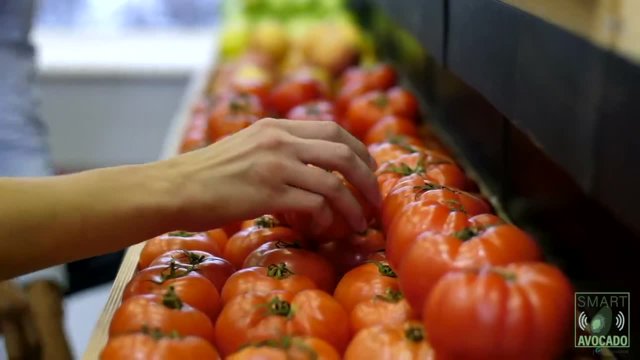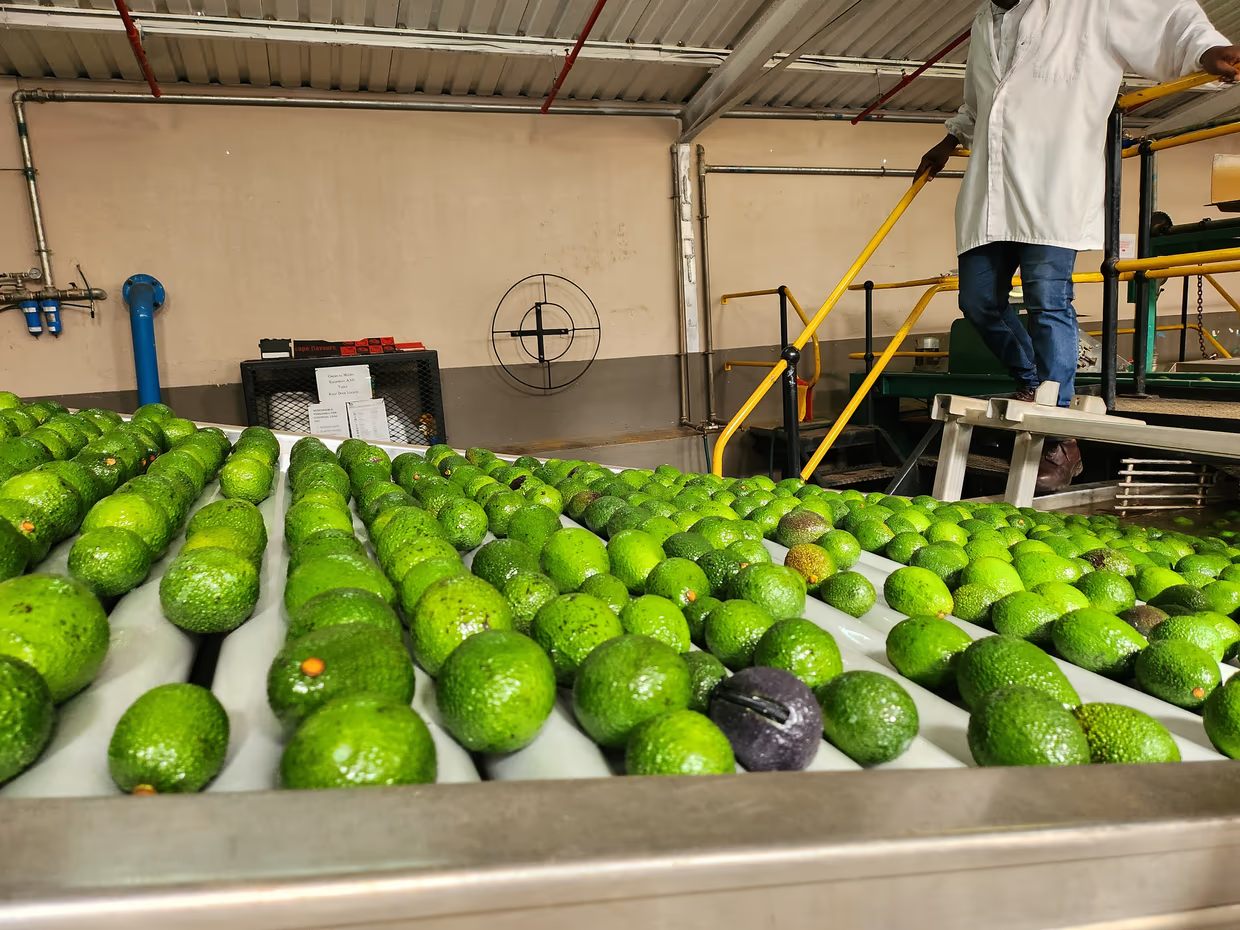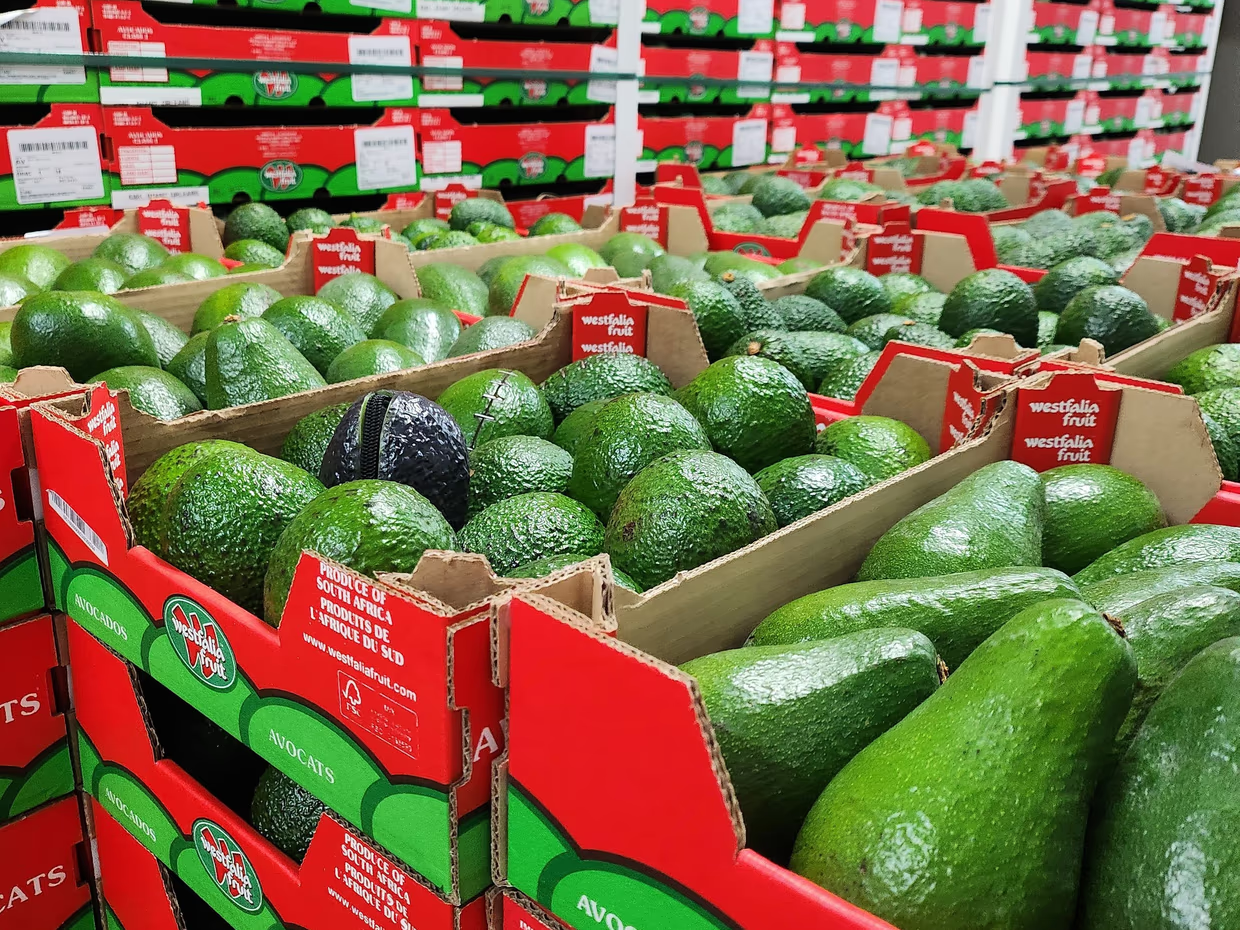Global food supply chains have become more and more complex, with produce traveling thousands of kilometers before reaching consumers. Due to this complexity, tracing the true environmental impact of food has become a big challenge.
Smart Avocado is a project led by the University of Twente (Faculty ITC) to improve sustainable consumer behaviors and business models. How? Mapping the journey of avocados from farms in South Africa to consumers in the Netherlands.
Understanding our food’s journey
Conventional tracking methods rely on country origins and national aggregates, failing to capture the complex journey of foods. Therefore, there is still a lack of precision in resource use and emissions in food supply chains. Without precise data on where and how food is produced, businesses and policymakers continue to struggle to implement effective sustainability measures.
The Smart Avocado project was created to address this issue by using Internet-of-things technology to track avocados from farms to consumers, providing detailed insights that can drive more responsible food production and consumption.
Sneaking trackers among avocados
Smart Avocado project members deployed 20 GPS-equipped and 10 LoRa avocado replicas designed to move through the supply chain among real avocados. These smart devices traveled through avocado pickers’ hands, took a bath, and were packed with thousands of real avocados, and then were loaded in a fridged truck, and traveled from Tzaneen, South Africa's avocado-producing center, to Cape Town before they were loaded onto container ships. During the whole journey, these trackers continuously communicated their location information, providing a full picture of their journey.
Close collaboration with stakeholders
The supply chain of an avocado involves many stakeholders, from producers and exporters to governmental organizations, NGOs, and consumer associations. These stakeholders might have different interests, such as working toward greater sustainability to consumers and advocating for transparency and fair pricing.
To encourage collaboration, the Smart Avocado team had multiple stakeholder engagement activities. One of the highlights is when the team brought together over 30 participants from South Africa and Europe, all connected to the avocado supply chain.
The gathering aimed to inform stakeholders about the project, gather valuable insights for future collaboration, and address their needs and feedback, ensuring the research remains relevant and impactful for their activities.
About Smart Avocado
This one-year project was funded by the Netherlands Organization for Scientific Research (NWO) and developed in collaboration with the University of Limpopo and Westfalia Fruit. Staff involved include Dr. Yue Dou (NRS), Dr. Serkan Girgin (CRIB), and a MSc student Bérénice Guglielmi from Spatial Engineering program.
Learn more about the project and contact the Smart Avocado team via their official website.









